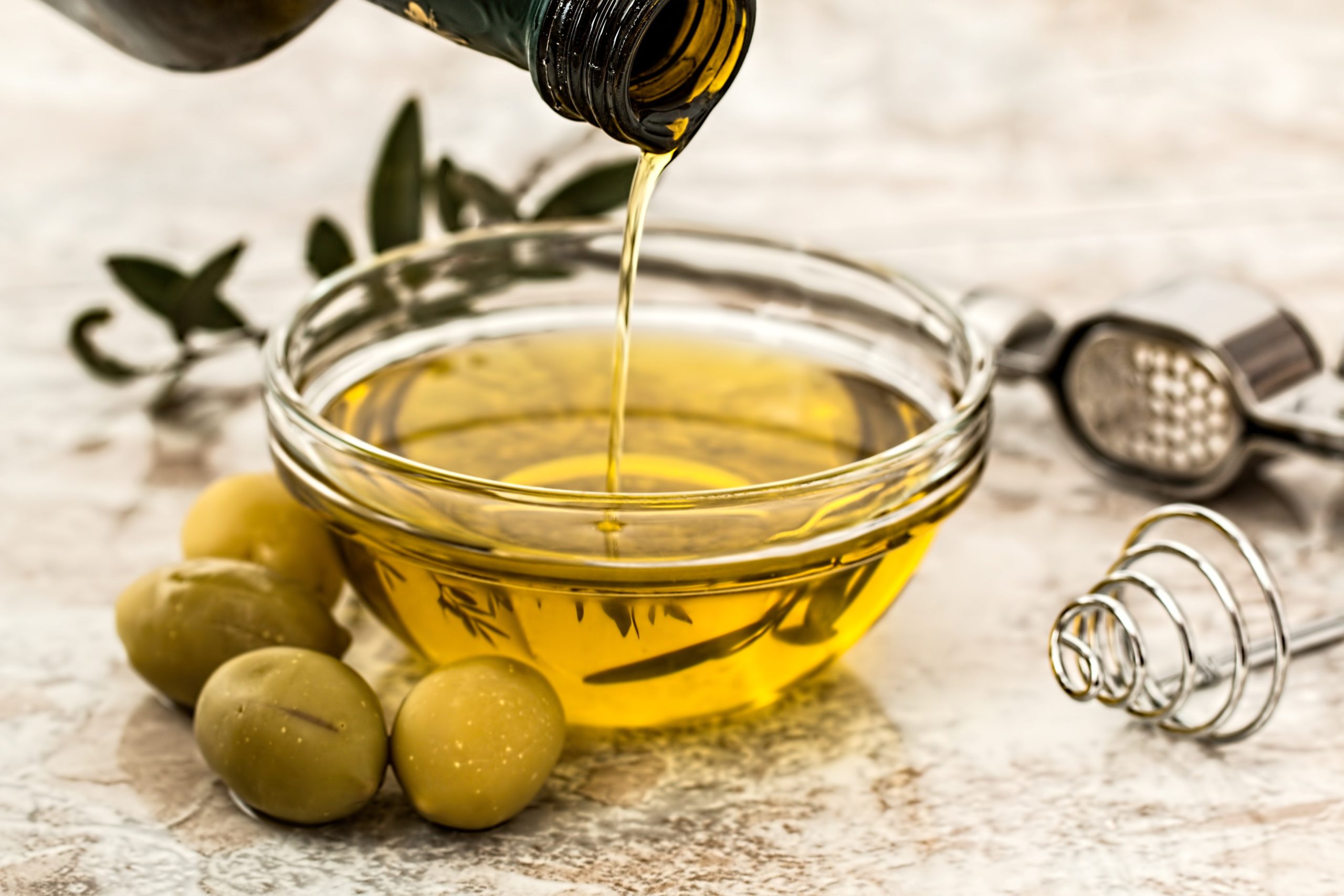Which oils are allowed during alkaline fasting and why?
Most high-quality, cold-pressed vegetable oils can generally be used as part of a Alkaline fasting programme All animal fats and oils that are highly processed or obtained using heat should not be used in the alkaline menu. You can also pay attention to the quality of the oil: organic quality is recommended. At the very least, however, the age of the oil should be taken into account: as oils oxidise when they come into contact with light and air, older oils can become rancid. At the latest when you notice this, you should no longer use it.
Gentle preparation at low heat
Cold-pressed vegetable oils contain many unsaturated fatty acids, which oxidise more quickly than saturated fatty acids and are therefore less resistant to heat (and - to a much lesser extent - prolonged contact with air). In alkaline fasting, meals are always prepared gently, for example by steaming or gently heating in a pan, never by deep-frying. Some vegetable oils can withstand these temperatures well for the short period of preparation due to their higher so-called smoke points, as is the case with the popular olive oil, for example.
Other oils, especially many seed and nut oils such as linseed oil, hemp oil or walnut oil, are better used in the cold kitchen, for salad dressings or to enhance a cooked meal on the plate. Our chefs, for example, like to add pumpkin seed oil after cooking a pumpkin or other seasonal soup. Olive oil is also particularly delicious drizzled cold over potatoes or vegetables at the end of a meal. Different olive oils have different subtle flavour nuances - sometimes "greener", sometimes with a stronger olive taste, sometimes citrusy. Tasting these flavours can be particularly enjoyable during a delicious alkaline fasting meal and help you to be present when eating.
Coconut oil is better for cooking
In terms of its composition, coconut oil is one of the few exceptions among vegetable oils with regard to the proportion of saturated fatty acids. As coconut oil consists mainly of the more heat-resistant saturated fatty acids, it can even be preferred to olive oil for cooking. Coconut oil has a light coconut flavour, which can be used consciously in the kitchen, especially with wok vegetables or when preparing a curry (only mildly spiced in alkaline fasting).
Avocado oil is also an oil that has a higher smoke point than most other vegetable oils and can therefore be used well together with olive oil in alkaline cooking. Avocado oil has a slightly more buttery flavour than olive oil. So if the flavour appeals to you, you can also use it to add variety to your cooking.
Oils help with the absorption of fat-soluble vitamins in the body
The great thing about oils is that they are not only filling, but also help with the absorption of fat-soluble vitamins. As we mainly eat a lot of vegetables during alkaline fasting, it is advisable to support the absorption of all the vital substances in them with the vegetable oils of our choice. Vitamin E, for example, is fat-soluble and is already present in many vegetable oils such as wheat germ oil, sunflower oil or olive oil. Incidentally, the vitamin E content of these oils is also one reason why these oils can be good for the skin when applied to the skin.
Other fat-soluble vitamins such as A and K2 are mainly found in animal (or fermented) foods, which are not part of the alkaline fast. However, beta carotene is found in plants. Beta carotene is converted into vitamin A in the body, in the quantities the body needs, provided it is supplied in sufficient quantities. Beta carotene is found in many types of fruit and vegetables, especially those with deep red/orange/yellow colours and/or in dark green leaves, for example in carrots, sweet potatoes, tomatoes and peppers as well as in spinach, broccoli and various types of lettuce. As beta carotene is fat-soluble, an oily dressing or sauce with a little oil with these vegetables is not only particularly tasty but also helps with nutrient absorption. Vitamin K1 is also particularly abundant in deep green plant foods, especially spinach, kale and broccoli, as well as herbs such as parsley.








